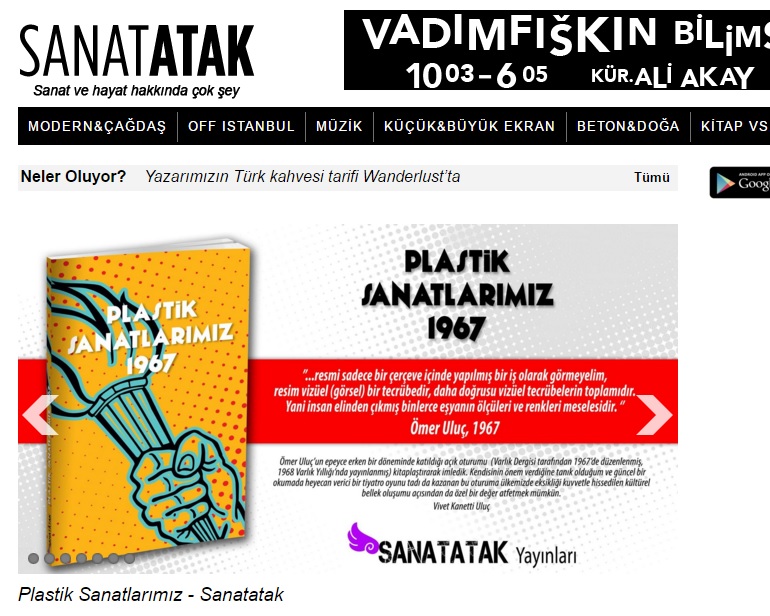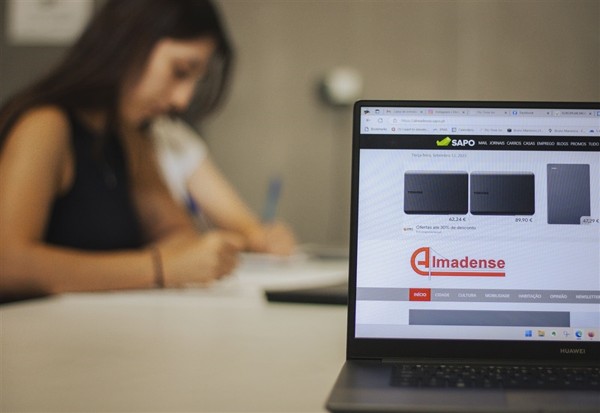Pressure on Turkey’s media has become so intense that even online outlets, regarded by many observers as the last remaining space for free expression, now face an existential threat.
In its 2015 special report on Turkey, “Democracy at Risk”, the International Press Institute (IPI) observed that “given the amount of pressure brought to bear on traditional media, a large degree of critical coverage in Turkey has migrated online”.
Overwhelming evidence, however, now suggests that pressure on journalists and the media is increasingly penetrating Turkey’s digital space, too. As a result of this squeeze, Turkey’s online media face not only the spectre of self-censorship or legal trouble, but also a threat to their economic viability.
According to Engelli Web, a Turkish site that monitors digital bans and blocking, Turkey’s Telecommunications Authority (TİB) has blocked access to more than 100,000 websites. For Turkish news sites that are already struggling to stay afloat financially and grow their audiences, online censorship adds an additional hurdle to economic sustainability, representatives of these sites say.
On Oct. 23, 2015, the TİB blocked the left-leaning news site Jiyan.org after one of the site’s citizen reporters – Hayri Tunç, known for his coverage of far-left communities in Istanbul, where traditional media is considered to be largely absent – was arrested on charges of spreading terrorist propaganda. The charges are said to be based on Tunç’s posts on social media and on one of his articles that appeared on Jiyan.
Sarphan Uzunoğlu, one of Jiyan’s co-founders, said the site’s audience had shrunk after the episode. Unable to successfully overturn TİB’s decision, Jiyan changed its domain name to jiyan.us. “Traffic to our website has decreased by 10 percent,” Uzunoğlu told IPI. “We used to have around 30,000 clicks daily. Now it’s down to 3,000.”
Because Jiyan depends on voluntary financial contributions from readers for income, a declining audience spells deep trouble, he added.
Sendika.org, a news site staunchly critical of the current government, says it, too, has suffered financial trouble after being blocked 11 times since July 2015. That number is reflected in its current URL, sendika11.org; the URL has been changed with each instance of being blocked.
“To open a new site each time, rename it, connect with the audience once again, became a cause in itself for us,” Çağlar Özbilgin, Sendika’s editor, noted bitterly.
The arts-and-culture news website Sanatatak.com has also experienced technical interference with similar consequences, albeit from actors not apparently affiliated with state authorities. After a well-known Turkish actress, Füsun Demirel, declared last month in an interview with Cumhuriyet that she had wanted to be a guerrilla in her youth, Sanatatak published a supportive open letter from Demirel’s older sister.
The letter prompted outrage in some corners of Turkey’s politicised society amid the ongoing conflict in south-eastern Turkey. Sanatatak’s social media accounts were deluged with threats against it and the site itself was eventually taken down by distributed denial of service (DDoS) attacks, which render online sites unavailable by overwhelming them with traffic from multiple sources.
Sanatatak.com was completely inaccessible for around 48 hours on March 21 and its founder, Ayşegül Sönmez, told IPI that digital advertisers were not inclined to show empathy.
“If these kinds of attacks persist, we are in danger of losing already scarce financial resources,” she said. “They would consider cutting off prospective deals. Also, the rescue operation itself is a heavy financial burden. We cannot afford to overcome each of these threats.”
Uzunoğlu, of Jiyan, described the acts of technical interference as targeted attacks against independent news sites.
“The principal aim is to completely annihilate the necessarily conditions to sustain independent journalism,” he said. “And they are in some ways successful. The alternative media space is increasingly lowering its voice. Given this atmosphere, self-censorship is almost inescapable.”
Sönmez, having identified the IP addresses of those who attacked Sanatatak, said she is now planning to press charges in court. And she has vowed to fight back against technical interference by any means available. When Sanatatak faced a second attack early this month after Sönmez initially spoke with IPI, she turned to IPI’s OnTheLine initiative, which provided technical assistance in cooperation with the Digital Defenders Partnership.
The journalist said that the attacks on Sanatatak speak volumes about Turkey’s current level of political polarisation and how this can poison the environment even for a news site covering arts and culture. Issues related to the Kurdish conflict become distorted amid government officials’ argument that “you are either with us or you support terrorism”, and a potential torrent of threats and abuse awaits those who speak out.
“We were under attack as an art news website, but I don’t exclude this from the current political situation,” Sönmez said. “In my perspective, everything is political.”



